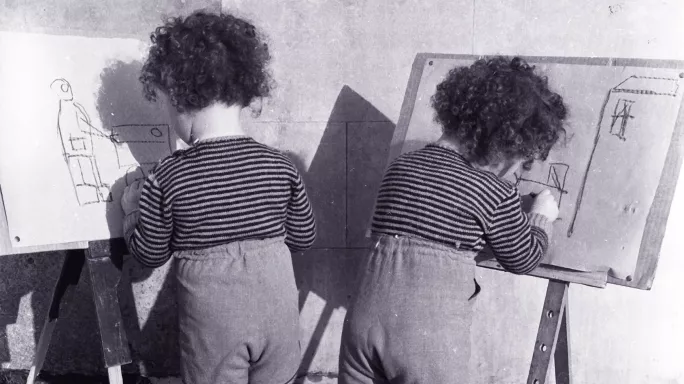- Home
- How I get to know about every pupil in one lesson
How I get to know about every pupil in one lesson

It is day one of a new class, and the students and teacher are eyeing one another with the mutual wariness of animals at the watering hole.
“Will this teacher know how to create an atmosphere where I feel comfortable offering my perspective?”
“Will these students listen to one another, push one another to deepen their thinking, and accept the invitation to share their observations?”
At Phillips Exeter Academy, we change classes every trimester, so the scene is a familiar one and I have experimented with various ways to set optimal conditions during my 15 years as a teacher in the English department here.
Quick read: The basic of dialogic teaching
Quick listen: How much of your lesson should be teacher talk?
Want more articles like this? Join our Tes Teaching and Learning Facebook group
My syllabus contains the following statement, delivered immediately after I offer students my welcome: “In this class, we will strive to treat everyone with respect, to listen and respond to one another, and to support and challenge one another’s perspectives in order to grow as writers, scholars and thinkers.”

Getting to know your students: the first task
The prompt reads as follows:
“Today we’ll get to know one another, learn how our course will work and prepare for the first short written assignment. No need to bring anything to class apart from your smiling face and a pen/pencil and paper!
“You’ll begin this written assignment in class and will complete it for homework. I want to get a sense of you as a person and as a student. Here’s your chance to tell me what has gone well for you in English and other writing/reading classes; what you’ve struggled with in those classes; what helps you to learn, focus and stay engaged; anything you want to share about your preferred pronouns; your medical needs if they might have a classroom impact; and where you are most likely to engage with stories - fiction, theater, movies, social media, gaming...”
In a boarding school with two all-gender dorms and a sizeable number of transgender and non-binary students, the invitation to share preferred pronouns on paper with me avoids the need for students to clarify that for the class as part of their verbal introduction. I can then begin to model the forms of address that the student has told me they want me to know, and thus we begin.
Revelations
I’ve been surprised and pleased at how open students will be in these introductory letters. The invitation to share what they think will help them to succeed is one they respond to well.
I learn that a student might have a medical condition that requires them to take a bathroom break when our class meets first thing in the morning, or that doodling helps the student retain focus.
The fact that I mention social media and gaming as places where narratives are formed helps some of them to open up to me about a rich world that they sometimes hide from adults.
Mind you, I hear from as many who love musicals or 19th-century novels as those who love Instagram or Call of Duty.
Introductions, please
The other thing I often do on day one is ask students to introduce themselves and throw them a curveball as they are about to do so: “Tell us how your family pronounces your name, where you are from and…a particular skill that would permit you to survive a zombie apocalypse.”
The students find themselves laughing and building connections before they have even begun, and they don’t quickly forget that Arjun can scale and gut a fish, or that Kiesse has a metal implant that would permit her to pass for a cyborg if necessary.
The aim of the foolishness is to catch them off-guard, because when the guard is down, their authentic selves can show through.
New beginnings
Authenticity and humility are requirements of Harkness (the pedagogical approach we use) discussions, and we want to get to that place as quickly as we can.
It may not happen on day one, but with just 11 weeks in each of our trimesters, it behoves us to get to that place as quickly as we can.
Eimer C Page is director of global initiatives at Phillips Exeter Academy in New Hampshire, US
Keep reading for just £1 per month
You've reached your limit of free articles this month. Subscribe for £1 per month for three months and get:
- Unlimited access to all Tes magazine content
- Exclusive subscriber-only stories
- Award-winning email newsletters



